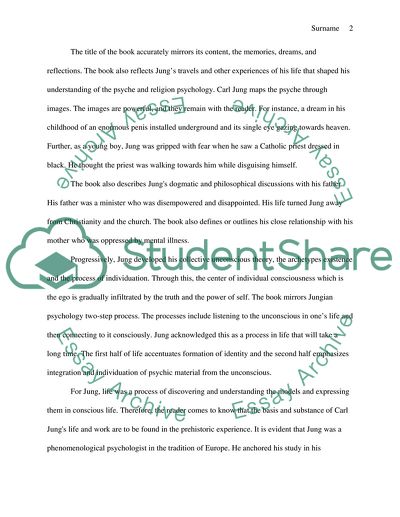Cite this document
(“Psychology of Dreams Essay Example | Topics and Well Written Essays - 1250 words”, n.d.)
Retrieved from https://studentshare.org/psychology/1681218-psychology-of-dreams
Retrieved from https://studentshare.org/psychology/1681218-psychology-of-dreams
(Psychology of Dreams Essay Example | Topics and Well Written Essays - 1250 Words)
https://studentshare.org/psychology/1681218-psychology-of-dreams.
https://studentshare.org/psychology/1681218-psychology-of-dreams.
“Psychology of Dreams Essay Example | Topics and Well Written Essays - 1250 Words”, n.d. https://studentshare.org/psychology/1681218-psychology-of-dreams.


